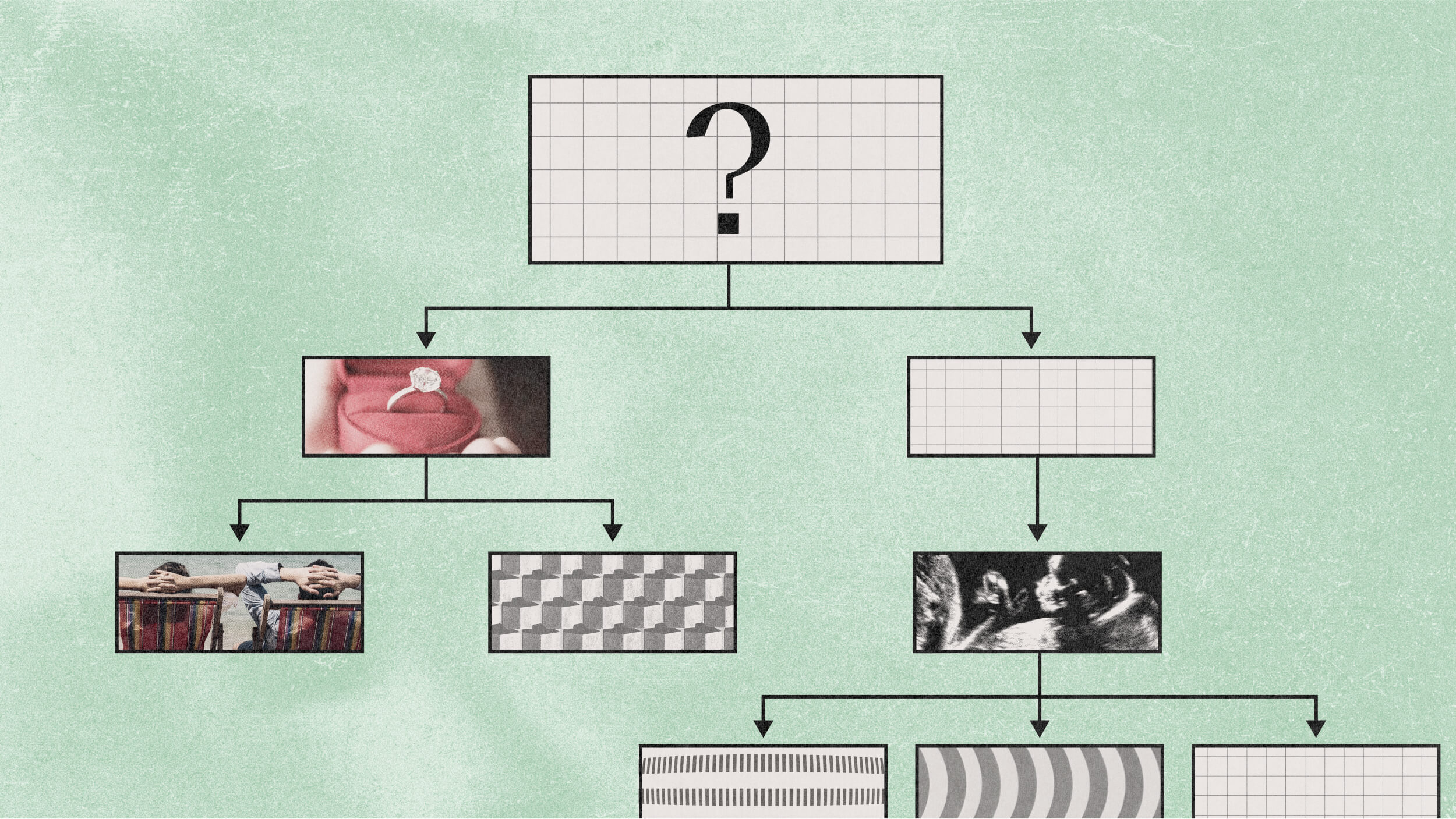The number one priority for Daniel Koretz should be attracting and retaining skilled educators.
Daniel Koretz:
So, for example, in my view, one of the single most important things we have to do is to make teaching a more attractive profession. There’s a lot of argument about one piece of this, would pay for performance make teaching more or less appealing to the people we want to have teaching. I think the jury is out on that. But I think it’s fair to say that, in general, the quality of the teaching force has taken second place in the current round of reforms. There’s an [edict] that we must somehow have highly qualified teachers everywhere. But how do we get them? You have to convince people to do it first and you have to convince them not to leave. A lot of people leave teaching because they find it very stressful and an unsatisfying role. So I think we need to go back to square 1 and say… Since we know that American education has some chronic deficiencies, what can we say about the causes of those deficiencies? What can we say about the impediments that stand in the way of doing better? And when we don’t know, we ought to go and look. We ought to go into schools, do hard research to figure out which of the impediments really matter. And then, craft policies that try to chip away at those impediments. Instead of doing what we’ve done for 30 years, which we just make it up, make up a policy, drop it on schools and see what happens. Or more often than not, fail to see what happens because we drop these things into schools without putting in place the kind of monitoring that kids deserve. In my view, it’s not all that surprising that our reforms haven’t been more effective than they had been today.





